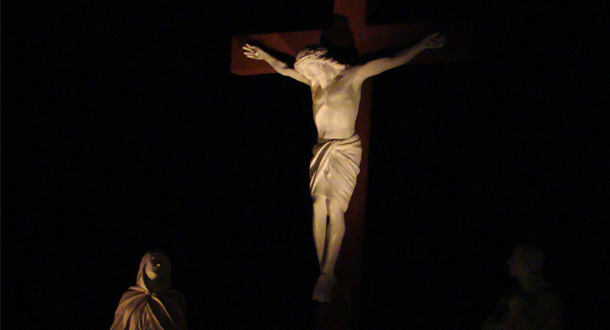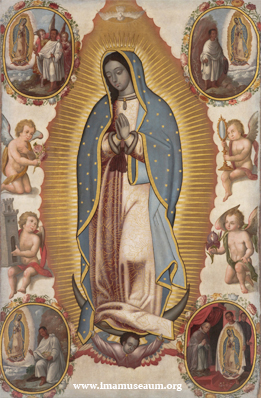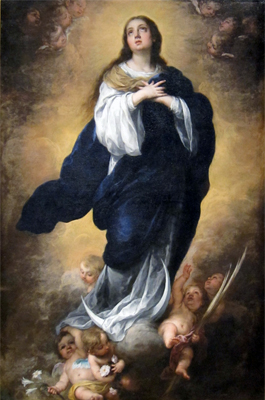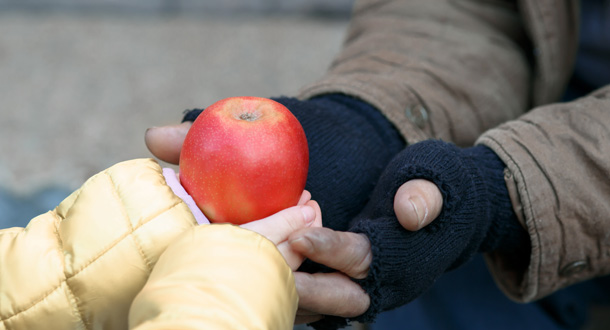 Scripture:
Scripture:
Sirach 48:1-4, 9-11
Matthew 17:9a, 10-13
Reflection:
During the first week of Advent, I could feel myself tempted to turn away from faith, from love, so stretched after having lost significant family members in these last two years. I had felt Jesus in their passing and yet in this moment I was deeply afraid of any further pain that might come in loving. The world of “what ifs?” arriving always viewed without present moment grace.
Then the scripture of Peter walking on water came Into my heart. Peter stepping out of a boat into turbulent seas looking straight into Jesus’ eyes. The wind distracting him and bringing fear back into play. Peter turning away from Jesus’ gaze and sinking. As I reflected on this scripture, viewing the emotions of grief as turbulent seas, faith and peace again found a soft place to land. I need to keep my eyes fixed on Jesus.
But how? This personal God. This now invisible God. This Mystery. Unseen.
As we pray our prayers before communion, before the Blessed Sacrament, we come to know that He is seen. That we matter. Jesus did not spend His days breaking down the ins and outs of creation to prove the seed of its existence. His focus is fully on relationship. There was no question to Him who is at the center of it all. Through His Word and the Eucharist He comes to invite us, tell us, to love God and love our neighbor. We cannot see when our hearts become insular, small, protected, hidden.
His outstretched arms on the cross teach us the full stretch of love. Those unable to see and hear that love tried to pin Him in that pose as hate and fear-filled mockery. And yet, those same outstretched arms reflect what remains unseen without personally knowing him. His Heart, His Sacred Heart, that stretched beyond any human comprehension throughout His life and death.
His arms and heart opened wide to our suffering, to our sorrow, to our sins that harm love, pulling us into His love with His unfathomable consent to take it all. He cried out to His Father, as we cry out to His Spirit for the courage to live wider and deeper. To bear love, no matter how hard. To show how excruciating His anguish was we are told in Luke, that “his sweat was like drops of blood falling to the ground” at Gethsemane.
While the’ joy of Christmas is preferable sometimes the only true comfort comes from standing at the base of His cross covered in tears.
The gentle lyrics of a song rose as I finished this reflection:
“We have been told, We’ve seen his face,
And heard His voice alive in our hearts, Live in my love with all of your heart,
As the Father has loved me, so I have loved you.” -David Haas
As we move into this third week of Advent, may we ponder today’s Responsorial Psalm, “Lord, make us tum to you; let us see your face and we shall be saved.”
M. Walsh is a retreatant and friend of the Passionist community, with deepest gratitude for the charism and prayers for their vocations.

 Scripture:
Scripture:
 Scripture:
Scripture:

 Scripture:
Scripture: Scripture:
Scripture: